EPA Trends on EVs and PHEVs; beginning of a “measurable and meaningful impact” on new vehicle fuel economy and emissions
Green Car Congress
OCTOBER 11, 2014
With alternative fuel vehicles now approaching 1% of new vehicle production, however, they are in fact beginning to have a “ measurable and meaningful impact ” on overall new vehicle fuel economy and CO 2 emissions. In the analysis, EPA uses overall fuel economy in mpg equivalent (mpge) and tailpipe CO 2 emission values.





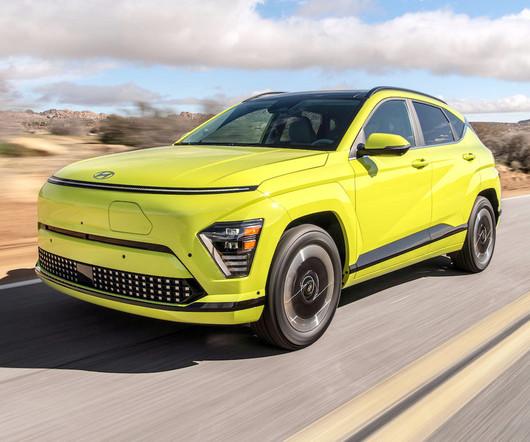





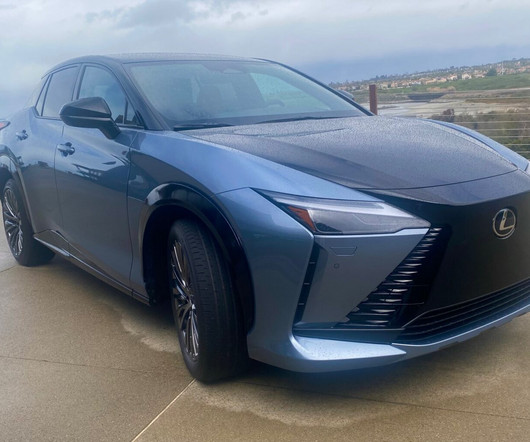








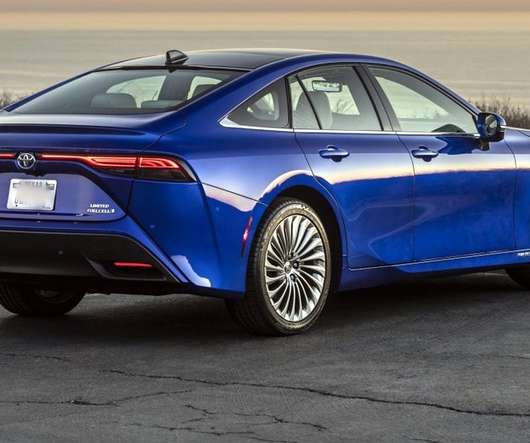


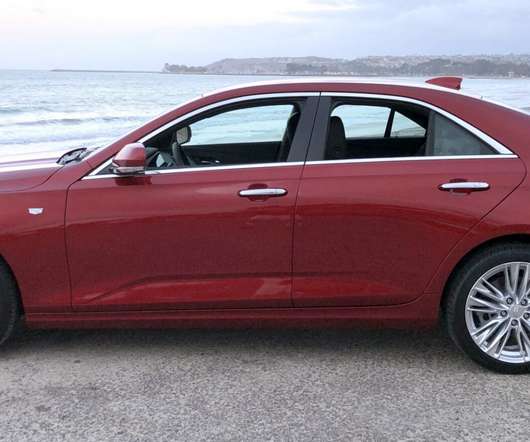

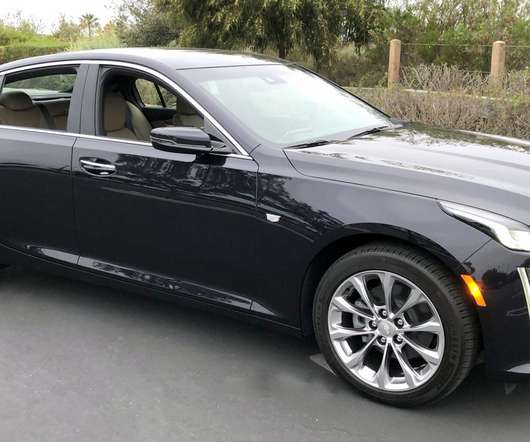



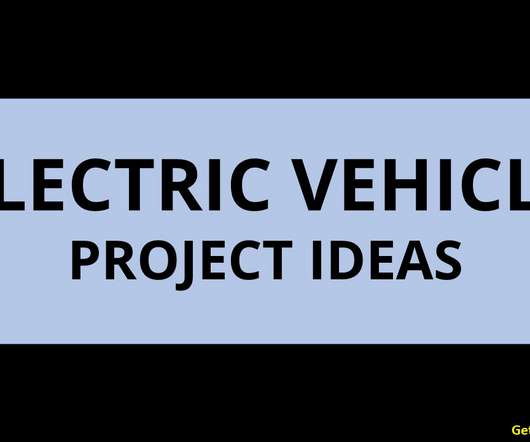










Let's personalize your content